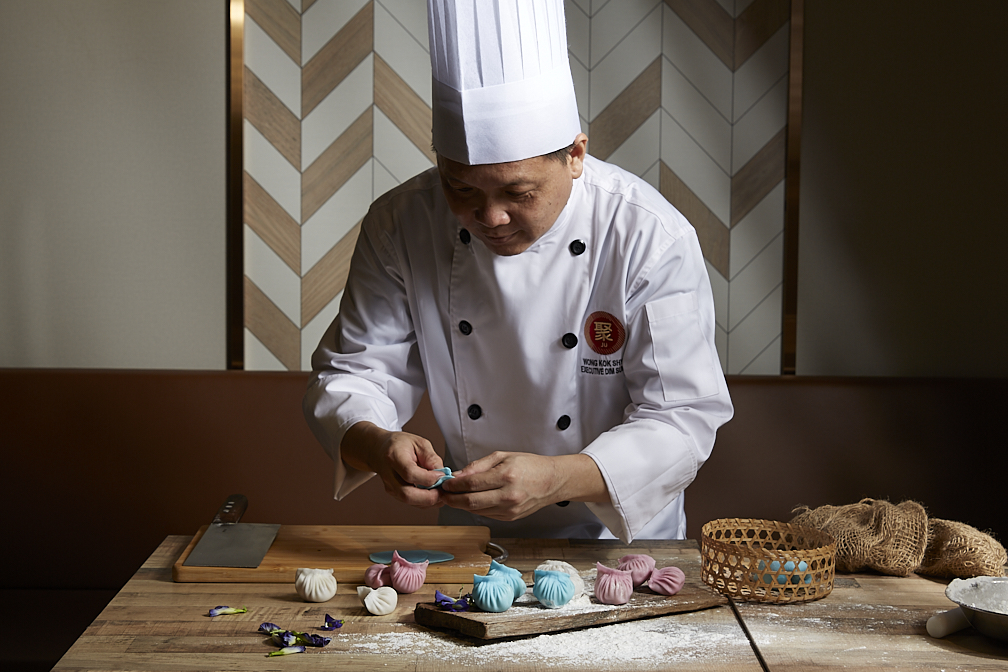When it comes to mooncakes, one of the key distinguishing factors is their texture.
Whether you prefer a flaky pastry or a more traditional texture, each style offers a unique eating experience that appeals to different tastes and preferences.
Understanding Flaky Mooncakes
Flaky mooncakes are celebrated for their delicate and layered pastry, which crumbles with each bite.
This texture is achieved through a special baking technique that creates thin, crispy layers around the mooncake.
Flaky mooncakes often have a lighter overall feel and can be less dense than traditional varieties, making them a preferred choice for those who enjoy a pastry with a delicate mouthfeel.
Traditional Mooncakes: Texture and Appeal
On the other hand, traditional mooncakes are known for their denser and chewier texture.
The pastry tends to be thicker and more substantial, providing a satisfying bite that is rich in flavour.
Traditional mooncakes often have a firmer exterior, which contrasts with the softer, often sweet fillings like lotus seed paste or red bean paste inside.
This texture appeals to those who appreciate a more substantial dessert experience during festive occasions.
Cultural Significance and Personal Preference
Mooncake texture preferences can also be influenced by cultural traditions and personal tastes.
In Chinese culture, the texture of mooncakes is deeply intertwined with the symbolism and enjoyment of the Mid-Autumn Festival.
Whether one prefers the flakiness of modern interpretations or the comforting chewiness of traditional mooncakes often depends on familial traditions, regional influences, and individual palate preferences.
Modern Innovations and Blends
In recent years, mooncake makers have embraced innovation by blending elements of both flaky and traditional textures.
This fusion approach allows for creative interpretations that cater to a broader audience.
For example, some mooncakes may feature a flaky exterior with a traditional filling, offering a harmonious balance of textures that satisfies diverse preferences.
Conclusion
Mooncake texture preferences reflect not only culinary diversity but also personal and cultural connections to festive traditions.
Whether you lean towards the delicate layers of flaky mooncakes or the robust chewiness of traditional varieties, each bite of these symbolic pastries brings a taste of tradition and celebration.
Understanding these texture preferences enriches our appreciation for the craftsmanship and cultural significance behind each mooncake enjoyed during the Mid-Autumn Festival.

